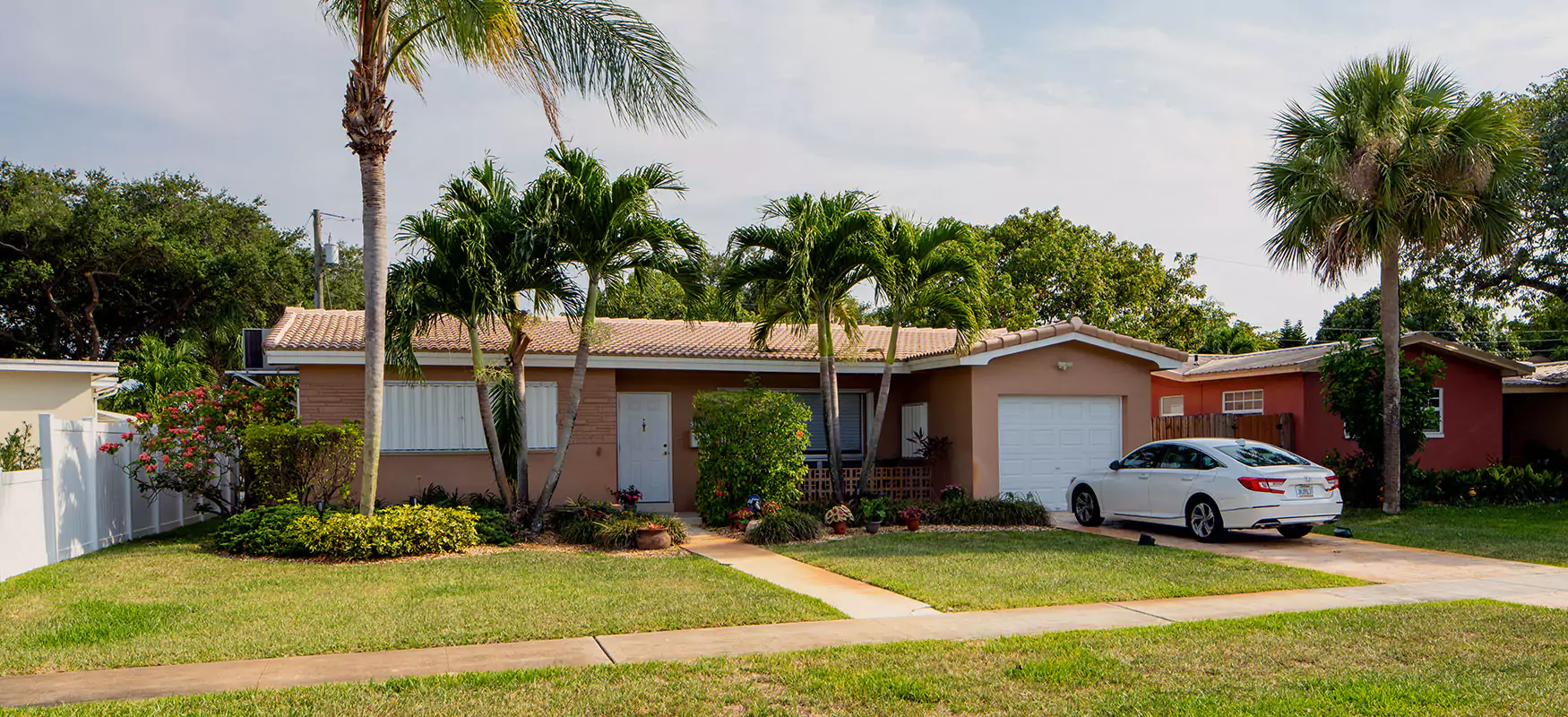Selling your home doesn’t have to follow the traditional path. Listing it publicly on the MLS, staging it, holding open houses, and waiting weeks (or months) for offers just isn’t the right fit for everyone. More homeowners today are turning to off-market home sales as a faster, more private way to move on. Whether you’re navigating a major life change or simply want to skip the usual headaches, selling a house off-market can offer the speed and simplicity many sellers need.
What Does It Mean When a House Is Off-Market?
When a house is “off-market,” it means it’s not currently listed on the MLS. But that doesn’t always mean it’s not for sale—it might be marketed privately or removed temporarily while the seller reassesses. So, what does it mean when a house is off-market? It depends.
Some sellers are quietly exploring offers, while others may have pulled the listing due to personal reasons or market shifts. Whether it’s temporary or intentional, an off-market status allows for more private, flexible negotiations.
Is Off-Market Right for You?
If you’re wondering whether selling a house off-market is a good fit, ask yourself how important privacy, speed, and control are to you. Are you trying to avoid the disruptions of showings and open houses? Do you want to close quickly due to a job change, divorce, or inheritance? Are you concerned about neighbors knowing your every move?
For many sellers, off-market options provide peace of mind and a chance to work on their own terms. Of course, this route may involve accepting a slightly lower offer in exchange for convenience, but for those with tight timelines or personal reasons, it can be worth it.
Why Would a House Be Taken Off the Market?
There are many reasons why someone might remove their listing or choose not to publicly advertise the home in the first place. Privacy is one of the biggest motivators. Some homeowners simply don’t want their sale details shared online or don’t feel comfortable with strangers touring their space. Others want to avoid the hassle and cost of cleaning, staging, or making last-minute repairs.
Changes in life circumstances often drive these decisions as well. A job offer falls through, a family situation changes, or the homeowner decides to rent the property instead. Market conditions can also influence timing, as some sellers prefer to wait for the right season or price point. So why would a house be taken off the market? It’s often about flexibility, control, and personal timing.
Who Buys Off-Market Houses?
Despite being off the MLS, these homes are still very much in demand—just in a different way. Cash buyers and real estate investors often actively seek out off-market houses because they’re looking for properties they can purchase quickly, without financing delays. These buyers tend to move fast and favor as-is sales.
Private networks also play a role. Local buyers may hear about available properties through word of mouth, personal connections, or real estate professionals who specialize in quiet transactions. In areas like San Diego, there are many cash buyers for houses who focus specifically on these types of deals, helping sellers avoid the typical back-and-forth of public listings.
How to Sell Off-Market Fast
If you’re ready to go this route, start by gathering your essential documents—deed, mortgage info, and disclosure forms. Even though you’re not listing publicly, transparency is still important, especially if the buyer wants to move quickly.
Next, price your home realistically. Just because it’s off-market doesn’t mean buyers won’t be comparing it to similar properties. You can research recent sales or work with a professional who understands fair pricing in your area. From there, the goal is to connect with motivated buyers—often cash buyers or local investors—who are ready to act.
Reaching out to companies that specialize in direct purchases is often the fastest path. You can get a cash offer and close in days instead of weeks. Without bank approvals, repairs, or inspections standing in the way, the process moves much more efficiently.
Pros and Cons of Selling Off-Market
There are clear advantages to off-market home sales. The biggest benefit is speed—transactions often happen quickly, sometimes within a week. You also maintain more privacy, since the sale isn’t advertised publicly, and you may avoid commissions and other costs associated with traditional listings.
Another upside is the simplicity. You can often skip repairs, staging, and even agent fees by selling directly, especially if you’re willing to sell the house as-is.
However, this approach isn’t perfect for everyone. Off-market homes generally receive less exposure, which can limit your number of offers. This sometimes results in a slightly lower sale price, though many sellers find that a fair trade-off for the time and effort saved.
Common Questions About Off-Market Sales
You might be wondering: Can you take your house off the market after it’s already listed? Yes—you absolutely can! Whether your circumstances change or you’re not seeing the results you want, homeowners are free to pause or cancel their listing at any time.
Other common questions include whether off-market sales are always faster (usually, yes), and if they come with fewer protections (not necessarily). Legal requirements like disclosures and fair housing laws still apply—off-market just refers to the way the home is marketed and sold, not the legal framework around it.
Ready To Sell Your Home Off Market?
If you’re considering selling, the off-market route can be a smart move, especially if you’re focused on privacy, speed, or simplicity. Just be sure to weigh the pros and cons carefully. It’s not about whether one way is “better” than the other—it’s about what fits your situation best.
You may also want to explore small upgrades that can boost your sale price, even in an off-market deal. Take a look at this helpful guide on ways to increase home value before selling. And when you’re ready, reach out to trusted local buyers who can help you move forward with confidence.

